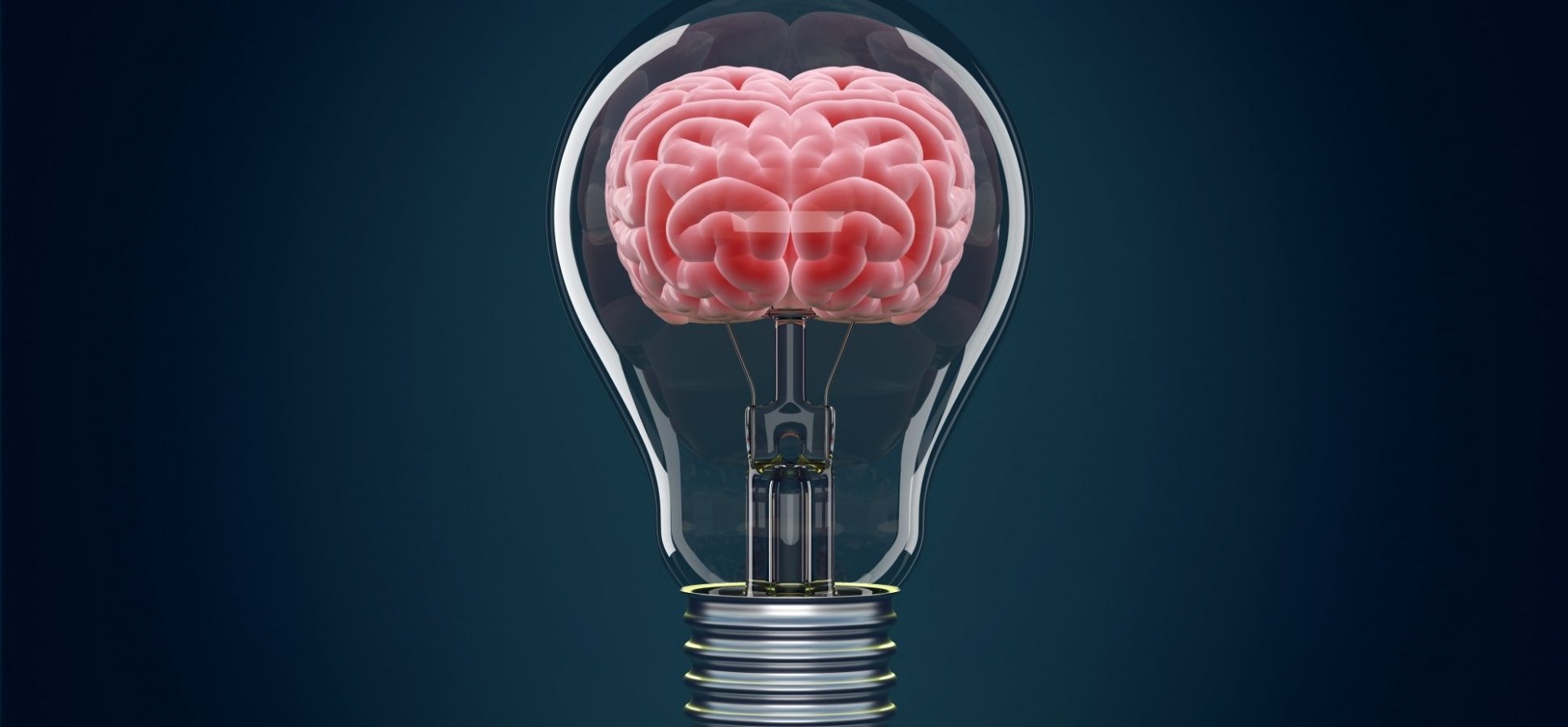Learn about brain health and nootropics to boost brain function
Want to Maximize Your Brain Power and Increase Your Focus? Add These Foods to Your Diet Today


While drinking coffee is a necessary cultural norm that keeps us alert and productive throughout the day, a daily caffeinated fix can have spiraling effects that wreak havoc on the body.
Before lighting your torches and starting riots, caffeine is a stimulant, plain and simple. It raises your cortisol levels (the natural "stress" hormone the body produces to help you wake up) above normal when we drink large amounts of coffee.
A more natural solution to stay alert and focused during the day, it turns out, is to consume those vitamins your mother told you to take. This is what will give your brain the power it needs the most to function at an optimum level.
Dr. Brady Salcido, a Brain Optimization Expert and host of The Health is Wealth Podcast, recently wrote up a list of the top nutrients you need to maximize your brain power and what foods to include in your diet in order to get them.
Here we go...
1. Omega-3's
Fat is looked down on as a "villain of health," but Dr. Salcido says high-quality fat -- found in Omega-3's such as DHA -- is essential for your brain power and health. Not getting enough in your diet may affect normal brain development and "be implicated in premature brain aging and cognitive decline," says Dr. Salcido. Where do you find Omega-3's? Look for it in walnuts, chia seeds, sardines, salmon, flaxseed, eggs, and fish oil.
2. Magnesium
Magnesium has been called "Nature's Natural Valium" because of its calming effect on the brain and nervous system. Dr. Salcido says magnesium helps the brain by providing anti-inflammatory benefits, helping to lift depression, and reducing anxiety, among many other things. Best sources for magnesium include almonds, spinach, cashews, avocado, and black beans.
3. Vitamin B1: Thiamine
Of all the B vitamins known for good brain health, thiamine (as known as B1) is critical for keeping up your mental strength. It helps with boosting your mood and providing the energy your brain cells need to work at a high level throughout the day. According to Dr. Salcido, low levels of thiamine can cause fatigue, loss of short-term memory, confusion and irritability. He recommends seaweed, sunflower seeds, macadamia nuts, lentils, and black beans.
4. Vitamin B6
Dr. Salcido says, "Vitamin B6 is critical for helping to improve your mood to make you feel happier but is also important to combat mental fatigue." Without enough of it, expect a decline in productivity, including symptoms like loss of focus and concentration, fatigue, and memory trouble. Dr. Salcido recommends a diet rich in grassfed beef, pistachios, tuna, turkey breast, and avocado.
5. Vitamin B9
Vitamin B9 is known as folate, a natural antioxidant which studies indicate can help preserve brain function and memory. Dr. Salcido identifies symptoms of low levels of folate to include chronic fatigue, increased irritability or anxiety, and brain fog. The best sources of food you'll find B9 are in spinach, beef liver, broccoli, asparagus, and romaine lettuce.
6. Vitamin B12
If you've experienced brain fog, memory loss, confusion or anxiety at work, it may be due to low levels of B12. In addition to building strong bones, hair, skin, nails, immune system and heart health, Dr. Salcido says B12 "is necessary for many aspects of mental performance including being able to memorize and stay focused. It also plays an important role in producing serotonin and dopamine. Dopamine is your motivation and reward neurotransmitter." You'll find high sources of B12 in beef liver, sardines, wild salmon, eggs, and nutritional yeast
7. Vitamin D
The "sunshine" vitamin is usually associated with bone health and heart health but it's been shown in research to play a critical role in your brain performance. If you're not spending enough time outdoors in natural sunlight, this is a must (or find a Vitamin D supplement).
8. Vitamin E
Dr. Salcido says that a lack of vitamin E leads to muscle weakness, diarrhea, balance issues and cognitive impairment. By having more of it in foods like almonds, kale, Swiss chard, parsley, and olives, it keeps the brain brain young, energetic and high-performing.
9. Zinc
Having attention and focus problems? It may be due to low levels of zinc. "Zinc is essential for neuron growth and performance," says Dr. Salcido. Best sources for zin include pumpkin seeds, grass-fed beef, cashews, mushrooms, and spinach.
Bringing it home
To underscore the importance of adding the right nutrients your brain needs, Dr. Salcido put it quite succintly, when he compared our brain to an Italian luxury sports car. He says, "How would you fuel a Ferrari? You wouldn't put the cheap gas in a Ferrari. It's a high-performance machine, so you need to put in high-octane fuel to ensure optimal performance."
Click here to view full article